Tom Myers – The Science of Bodywork #3 The Physiology of Emotional Release
$50.00 Original price was: $50.00.$17.00Current price is: $17.00.
Access Method: After completing your purchase, simply download the digital content and start learning on your computer, tablet, or smartphone — wherever and whenever you like.
Download Tom Myers Physiology of Emotional Release course and explore the somatic science of how emotion lives in the body. Learn techniques to support safe, embodied release.
Tom Myers – The Science of Bodywork #3 The Physiology of Emotional Release
📄 Original content sourced from the official sales page.
Click the link to view the original course description, features, and official curriculum directly from the creator.
Product Overview provided by YourLun:
Proof Content
Tom Myers – The Science of Bodywork #3: The Physiology of Emotional Release
What if deep-seated emotions weren’t just psychological—but physiological, embedded in muscle tone, fascia, and breath patterns?
In The Physiology of Emotional Release, part of the acclaimed Science of Bodywork series, Tom Myers—an innovator in the field of integrative anatomy and creator of Anatomy Trains—unpacks the science behind how the body holds, processes, and releases emotion. Far from being abstract or esoteric, this module bridges neuroscience, somatics, and structural bodywork to explain how emotional tension becomes tissue-bound—and how it can be skillfully released.
Through vivid illustrations, clinical insight, and practical demonstrations, Tom empowers practitioners to recognize the physiological signals of emotional residue and apply informed touch, breath, and movement to facilitate release and reorganization.
Inside This Transformative Training
This is not a typical massage therapy course. It is a neuro-fascial exploration into how trauma, stress, and repressed emotions imprint themselves on physical form—and how bodyworkers can create safe, embodied pathways to let them go.
In this module, you’ll explore:
-
Neurological Patterns of Emotional Suppression: Understand the brain-body loop that converts emotion into muscle tone and posture.
-
Fascial Memory and Somatic Holding: Discover how fascia “remembers” and how these patterns influence chronic pain, breath, and movement.
-
Breath & Vagal Tone Regulation: Learn how respiration and the vagus nerve play central roles in discharge and resilience.
-
Manual Techniques for Emotional Support: Explore bodywork strategies that foster trust, containment, and organic release without retraumatization.
-
Client-Centered Language & Safety: Cultivate communication skills that respect emotional boundaries while enabling embodied transformation.
Who Is This Course For?
This program is crafted for professionals and seekers who understand that true healing transcends muscles and bones—and want to meet their clients at the intersection of physiology and emotion.
This course resonates with:
-
Manual therapists, massage practitioners, and structural integrators
-
Somatic educators and trauma-informed bodyworkers
-
Breathwork and movement facilitators
-
Anyone wondering how to get Tom Myers Physiology of Emotional Release course download
About Tom Myers
Globally recognized for his pioneering work in fascia, Tom Myers blends anatomical expertise with compassionate, body-aware pedagogy. His Anatomy Trains approach has reshaped the way manual therapy is taught and practiced, with a deep reverence for the emotional intelligence of the body.
In this course, Tom doesn’t just teach theory—he models how to listen through your hands, navigate emotional layers without overstepping, and invite authentic release through safe contact and deep understanding.
Why This Course Matters
-
🌬️ Integrates Breath, Nerves & Tissue: Holistic insights into how the body stores and expresses unprocessed emotion
-
🧠 Backed by Neuroscience: Learn the physiological mechanisms behind freeze, collapse, and catharsis
-
💆♀️ Practitioner-Oriented: Practical tools for real sessions, real clients, real breakthroughs
-
❤️ Respectful of Emotional Safety: Trauma-sensitive principles built into every lesson
Reframe the Body as an Emotional Instrument
True embodiment includes feeling fully and releasing gracefully. With The Science of Bodywork #3: The Physiology of Emotional Release, you gain both the anatomical roadmap and the empathic lens needed to support clients—and yourself—through profound transformation.
🧩 Now available: Tom Myers – Physiology of Emotional Release course download — unlock the mechanisms of stored emotion and begin facilitating embodied healing today.
Be the first to review “Tom Myers – The Science of Bodywork #3 The Physiology of Emotional Release” Cancel reply
Related products
Health & Wellness
Health & Wellness
Dawson Church, PhD – Transform Your Health & Shape Your Reality With Mind-to-Matter Science 2024
Energy Healing
Health & Wellness
Mas Vidal – The Vedic Astrology & Ayurveda for Integrative Healing
Health & Wellness
Roger Jahnke, OMD – The Powerful Healing Medicine of Bu Zheng Qigong for Radiant Health & Vitality
Health & Wellness
Health & Wellness

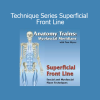
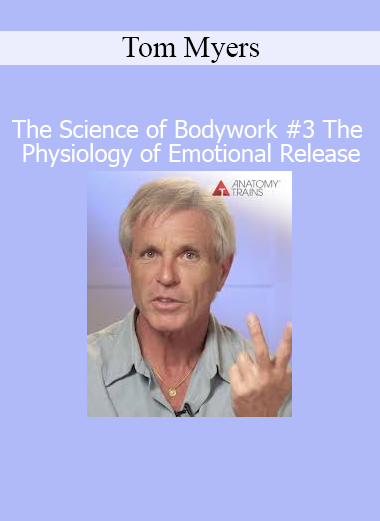
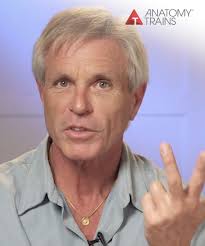
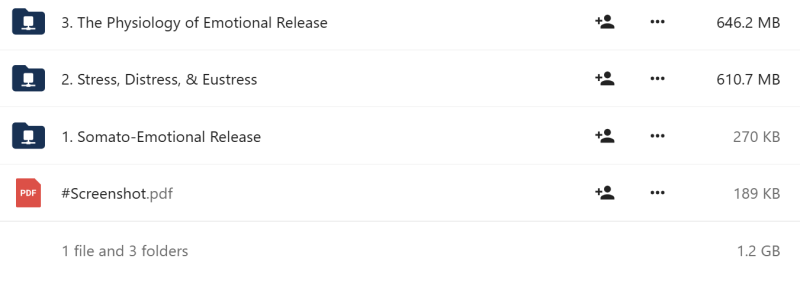
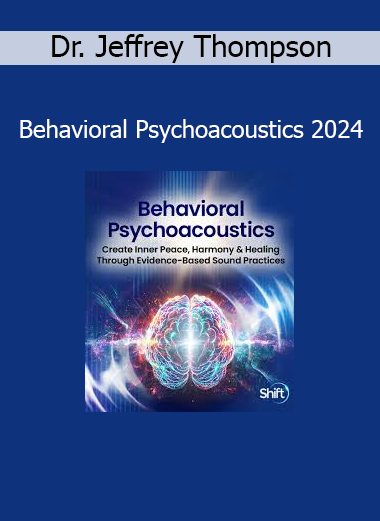







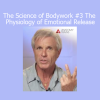
Reviews
There are no reviews yet.